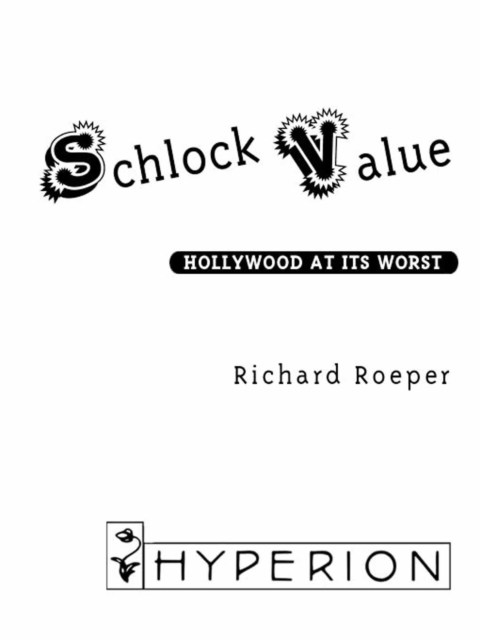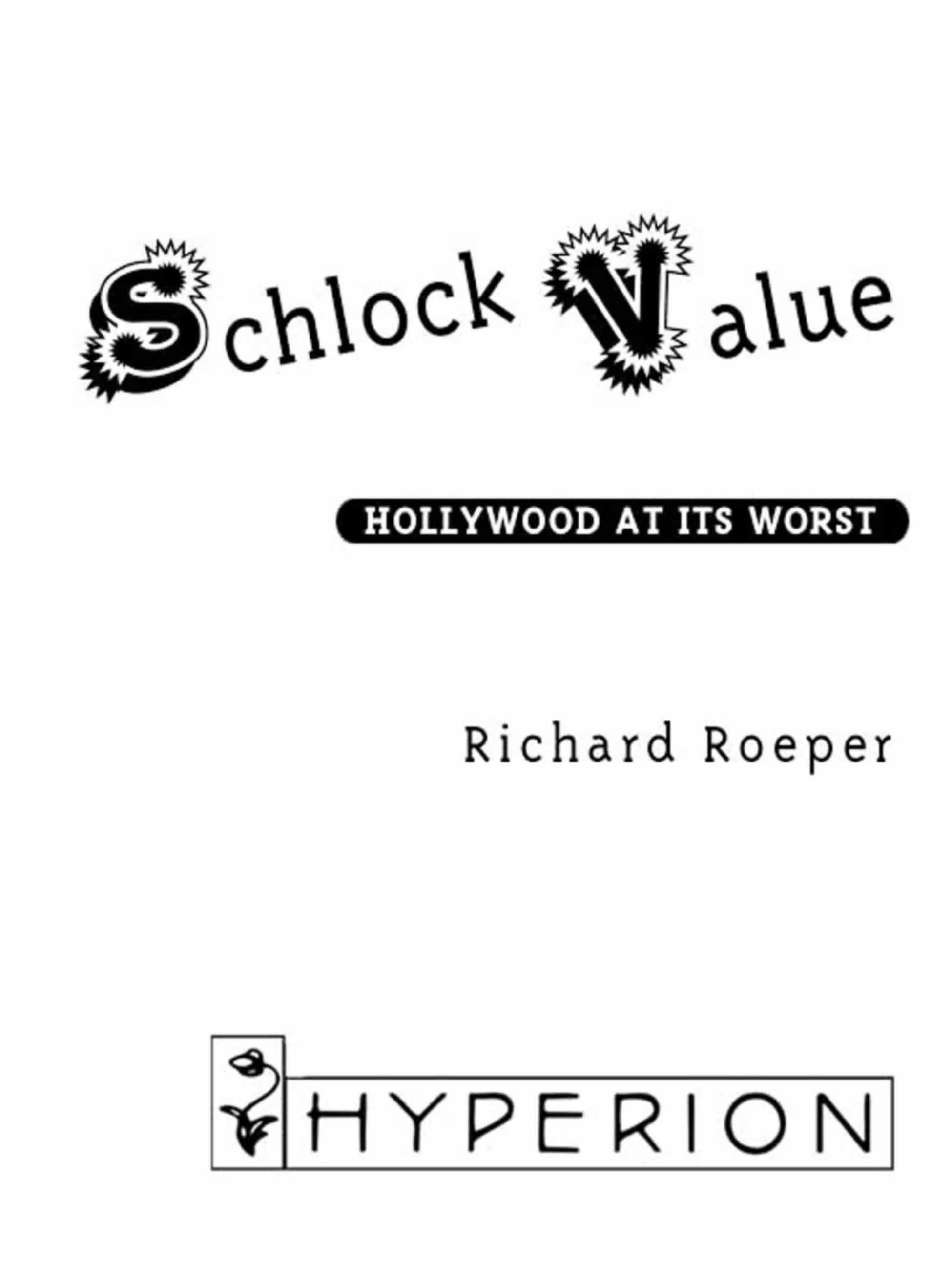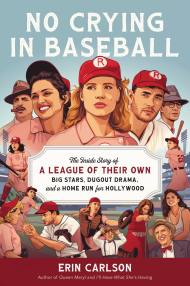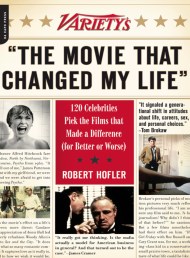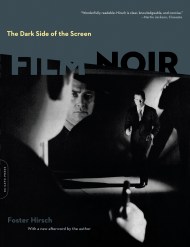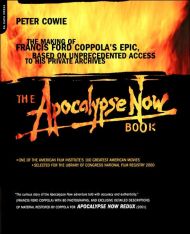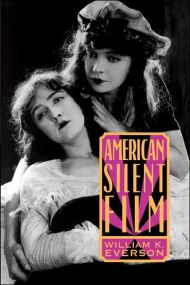Promotion
Use code MOM24 for 20% off site wide + free shipping over $45
Schlock Value
Hollywood at Its Worst
Contributors
Formats and Prices
Price
$11.99Price
$15.99 CADFormat
Format:
ebook $11.99 $15.99 CADThis item is a preorder. Your payment method will be charged immediately, and the product is expected to ship on or around February 1, 2005. This date is subject to change due to shipping delays beyond our control.
Also available from:
Richard Roeper, like the rest of us, adores the movies. In this uproarious, off-beat book, he gives us a whole new set of critical lenses for assessing the movies and the people and the industry that make them. With his characteristic acerbic wit, he weaves short essays with lists that work together to explain where Hollywood succeeds — and where it so often frustrates, disappoints, and fails us. But while Roeper devotes most of the book to mockery and ridicule, this book is, in the end, a love letter to film.
Some of the essays and lists included in Schlock Value:
- Comical statistical breakdowns, including career batting averages of actors
- Reviews of Hollywood finances, including budgets, salaries, and ticket prices
- A proposed moratorium on pet projects, e.g., Kevin Costner’s The Postman or John Travolta’s Battlefield Earth
- The age differences between Woody Allen and his various leading ladies
- Actors appearing around the world in television commercials, including a list of the biggest stars that do overseas commercials — and the products they push
Schlock Value is the perfect book for anyone who loves grumbling and complaining about the movies — but still can’t help spending their weekends and evenings in front of the screen.
Genre:
- On Sale
- Feb 1, 2005
- Page Count
- 224 pages
- Publisher
- Hachette Books
- ISBN-13
- 9781401382964
Newsletter Signup
By clicking ‘Sign Up,’ I acknowledge that I have read and agree to Hachette Book Group’s Privacy Policy and Terms of Use
